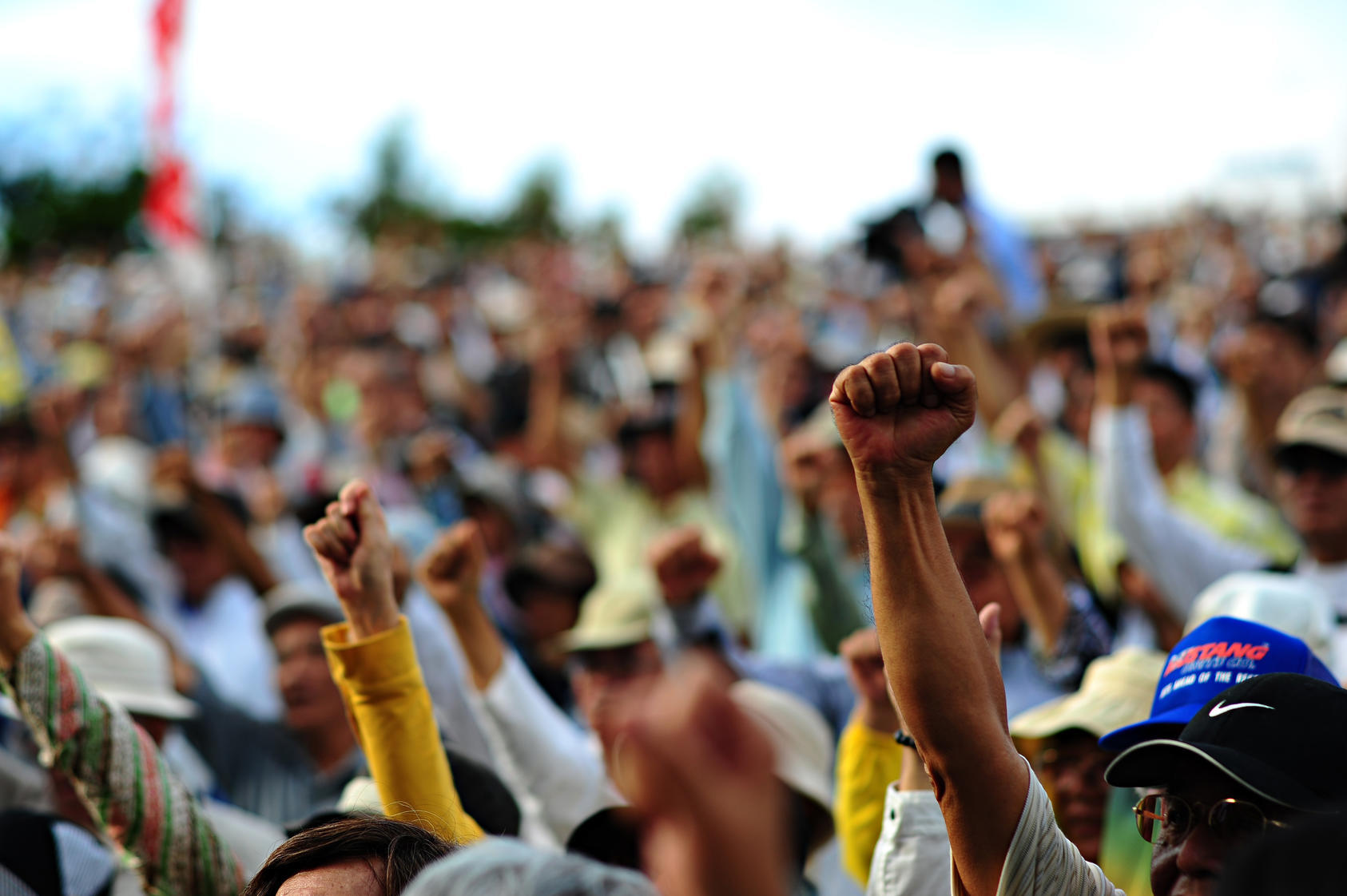Synergizing Nonviolent Action & Peacebuilding (Instructor-Led)
This course, centered around the Synergizing Nonviolent Action and Peacebuilding (SNAP) Guide, seeks to illustrate how the most strategic and effective methods from nonviolent action and peacebuilding can reinforce one another.

Learning Objectives
- Explore nonviolent action and peacebuilding tactics and approaches to see how they can be strategically integrated to address grievances and make peace processes more effective.
- Utilize a strategic planning framework and conflict assessment tools from the nonviolent action and peacebuilding fields to better understand how to sequence dialogue, negotiation, and direct action to raise awareness, build power, and advance sustainable outcomes.
- Engage with fellow activists and peacebuilders working to advance justice, stem violent conflict, and build sustainable peace in online discussion forums.
Instructor-led Delivery
USIP’s new instructor-led format blends a self-paced curriculum with weekly live, interactive webinars. Enrolled participants will join a group of fellow learners from around the world. Each week will feature a new lesson that includes a real-world case study, a skills-building exercise, and small group discussions. A new course is offered each month and is four weeks in duration. The course is open to the public and is free of charge. Certificates of participation are awarded at the conclusion of the course.
Description
- Weekly Self-Paced Curriculum: Learn at your own pace and schedule through carefully curated self-guided curriculum and instructional videos. Access to the course will open on November 4.
- Weekly Live Webinars: Every week, a USIP expert or guest lecturer will host a country case study, a facilitated exercise, and small group discussions.
- Group-Based: Join and learn alongside other participants from around the world.
- Practical Case Studies: Develop skills through real-world exercises and small group discussions.
- Certificates: Receive a certificate of participation at the conclusion of a course.
Weekly Webinar Schedule
Join USIP’s Nonviolent Action team for three weeks of live instructor-led webinars covering the following topics:
November 7, 2024 – Understanding SNAP Fundamentals, 9:00 a.m. – 10:15 a.m. EDT
November 14, 2024 – Strategic Planning and Conflict Assessment, 9:00 a.m. – 10:15 a.m. EDT
November 21, 2024 – Building Facilitation and Dialogue Skills, 9:00 a.m. – 10:15 a.m. EDT



